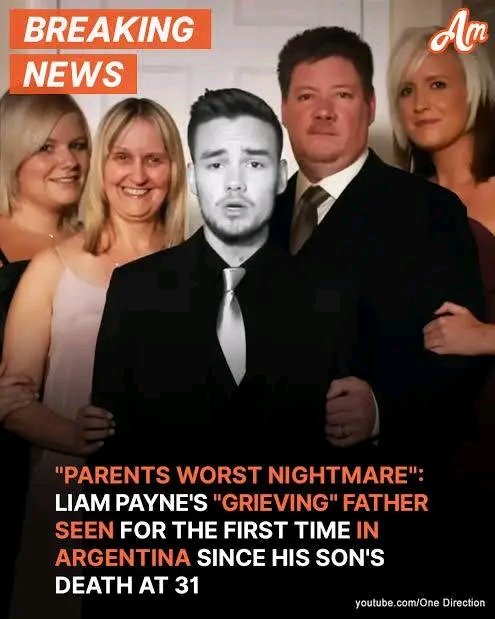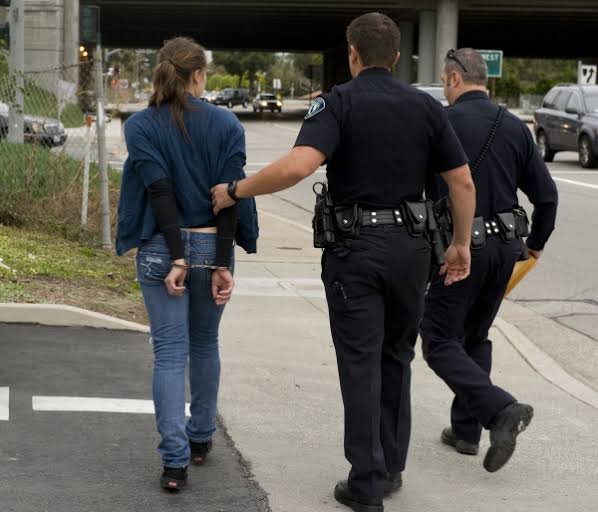
Liam Payne, the former One Direction star, tragically passed away after falling from the third-floor balcony of the CasaSur Palermo Hotel in Buenos Aires, Argentina, during a holiday. He had been spending time with his girlfriend, Kate Cassidy, before she returned to the United States. Liam remained in Buenos Aires with his friend and reported business manager, Roger Nores, who was one of the last people to see him alive. The circumstances surrounding his death have sparked controversy, with Roger now facing investigations into his actions leading up to the fall.
Roger, a 35-year-old Argentine multi-millionaire, is accused of abandoning Liam despite knowing that the singer was in a vulnerable state. The investigation centers around whether Roger’s decision to leave Liam alone in his hotel room contributed to his death. In his defense, Roger has stated that he never abandoned Liam, claiming that he visited the hotel multiple times on the day of the incident. According to Roger, he left 40 minutes before the fall occurred, and at that time, there were over 15 people in the hotel lobby who were interacting with Liam.
In his statement, Roger expressed shock at the events, insisting that he never imagined something like this could happen. He emphasized that he was not Liam’s manager, but rather a close friend who was deeply concerned for the singer. Despite the growing suspicions surrounding his involvement, Roger has given his account of the situation to the prosecutor and has not had any further communication with authorities since October. However, his statements have failed to quell the growing scrutiny surrounding his actions that day.
In the wake of Liam’s death, Roger has shifted some of the blame onto the CasaSur Palermo Hotel, claiming that the hotel failed to adequately address the singer’s safety and well-being. Roger’s legal team has filed documents suggesting that the hotel violated safety regulations by not having a 24-hour doctor on hand, as required by law. The documents also allege that the hotel management was aware of Liam’s state, including his apparent intoxication, and failed to intervene.
Roger’s legal team has argued that the hotel should have taken greater precautions, especially given that Liam was reportedly in the midst of a personal crisis. According to the legal documents, the hotel’s operations manager knew that Liam had been engaging in reckless behavior for several days, but did nothing to ensure his safety. Roger contends that it was the hotel’s responsibility to monitor and protect the well-being of a high-profile guest like Liam Payne, particularly in a state of distress.
Moreover, Roger has suggested that the hotel’s negligence played a key role in Liam’s tragic fall. He points to the fact that the singer had been attempting to leave his hotel room at the time of his death, carrying a bag and a hat, which suggests that Liam may have been trying to escape from an unsafe situation. Roger’s claims add a new layer to the investigation, as authorities now must consider the role of the hotel in the circumstances surrounding Liam’s death.
While Roger has defended himself against accusations of abandonment, his statements have sparked a debate about accountability and the responsibility of both friends and institutions when dealing with individuals in distress. The investigation continues, and questions remain about the precise events leading up to Liam’s tragic fall. Roger’s claims have shifted the focus to the hotel, but it is unclear whether these allegations will alter the course of the investigation or lead to any significant legal consequences.
As the investigation unfolds, the death of Liam Payne has raised broader concerns about the safety and well-being of individuals, particularly public figures, who are far from home and in vulnerable states. The case has drawn attention to the responsibilities of hotels, friends, and management teams in protecting their guests from harm. The outcome of this investigation could have lasting implications for the hospitality industry and the way it handles guests who ma
y be at risk.




